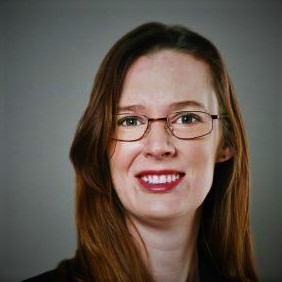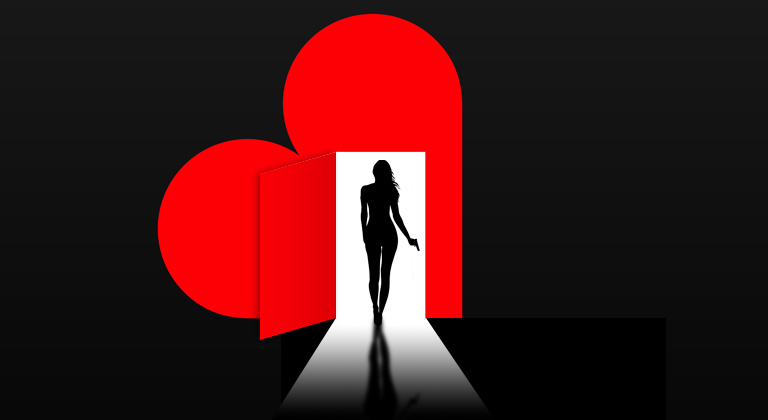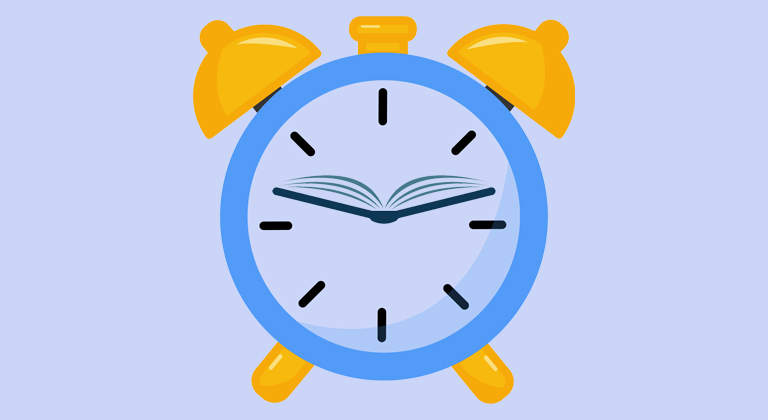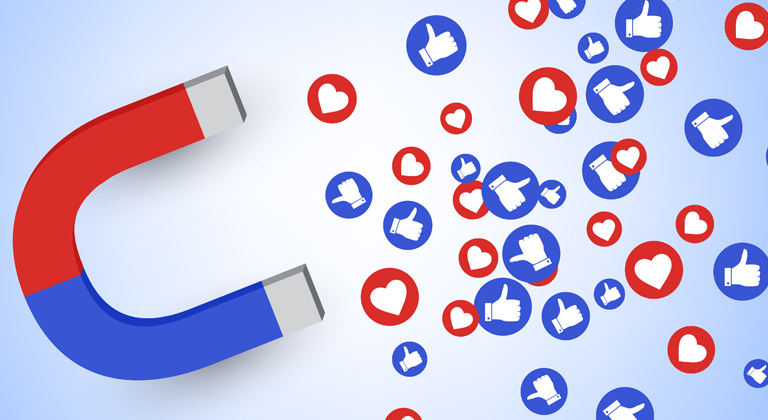10 Feminist Books That Empower and Educate
Books continue to retain their power despite the rise in technology and instantaneous information. After all, there’s still something about reading thoughtfully crafted sentences, and reading people’s stories and empathizing with characters across time.
Plus, books continue to inform and inspire us to learn more about our world. In a society where people are growing more aware about issues like sustainability, intersectionality, and feminism, books remain the perfect medium for people to exchange ideas. This type of exchange leads to honest discourse and critical thinking, which are no mean feats in today’s world. In fact, researchers from Maryville University note how brands and companies tend to use relevant issues as an opportunity to elevate their brand presence and expand their market share. This is despite not making any tangible efforts to further the cause, especially for hot topics like feminism, which has and is being used as a marketing tool for many brands to stay relevant.
Unfortunately, this exposure has caused the term “feminism” to lose its essence and attract fake activists. Jia Tolentino’s article on the marketing behind women empowerment shows how such vital topics have been co-opted as shiny gimmicks, thereby confusing what the true essence of feminism really is.
Education is the first and most vital step to becoming a true ally, and authors everywhere have taken it upon themselves to publish books meant to shed light on what it means to be a feminist. Here are some of our favorite picks.
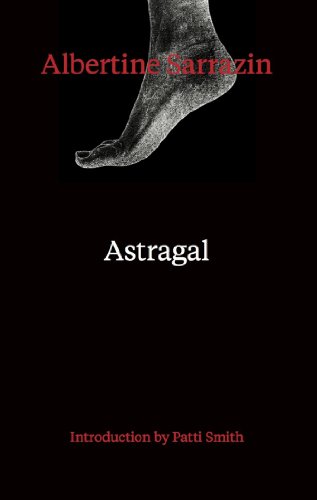 Astragal by Albertine Sarrazin
Astragal by Albertine Sarrazin
Astragal is most known for its reputation as musician/poet/author Patti Smith’s favorite book. This reputation speaks to the power of Sarrazin’s prose and enchanting story. Astragal is a semi-autobiographical account of Sarrazin’s youth, and begins with the protagonist jumping off of a three-story window to escape prison. It features young love and adventure, but more importantly highlights the enduring nature of the female spirit.
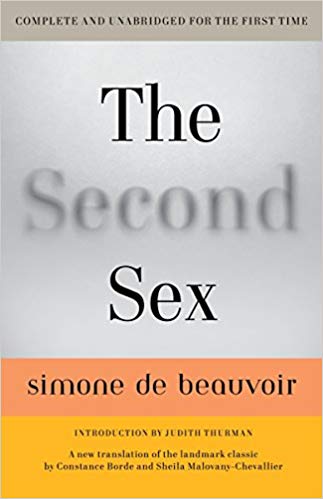 The Second Sex by Simone de Beauvoir
The Second Sex by Simone de Beauvoir
Simone de Beauvior is one of the pioneers of feminist thinking. De Beauvoir traces the history of the treatment of women in The Second Sex, arguing that women have always been thought of and defined in opposition to men. This placement of women as ‘Other’ has informed everything from women’s role in the household to their participation in what de Beauvoir calls ‘reproductive slavery.’ It’s a dense read, but nonetheless crucial for understanding how feminist discourse is shaped.
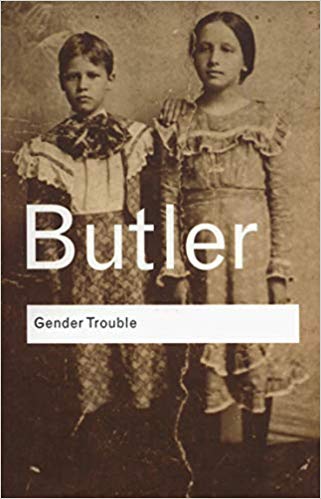 Gender Trouble by Judith Butler
Gender Trouble by Judith Butler
We all know the age-old marketing adage “sex sells,” and this Inc. article discusses how it continues to be a brand tactic that is premised on females being seen as a sexual beings. To this end, Judith Butler’s Gender Trouble argues that gender is something that is practiced, and everything from the way we dress to the language we use codifies what we think of as masculine or feminine. Butler is one of the most influential feminist critics today, with an incisive eye as to how modern discourse continues to shape what it means to be a woman.
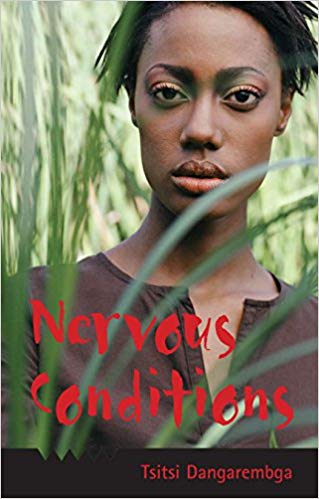 Nervous Conditions by Tsitsi Dangarembga
Nervous Conditions by Tsitsi Dangarembga
Nervous Conditions first gained praise as being the English first novel published by a black woman from Zimbabwe. What continued this praise is Dangarembga’s story of Tambu and her quest for education. Nervous Conditions is a simple story, but its power lies in this very simplicity. Dangarembga’s novel is necessary reading for those who want to understand how women are treated in other parts of the globe; its discussion of how feminism and access to education also makes it an important read.
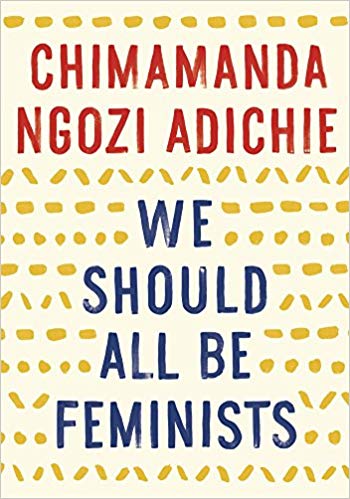 We Should All Be Feminists by Chimamanda Ngozi Adichie
We Should All Be Feminists by Chimamanda Ngozi Adichie
Chimamanda Ngozi Adichie is one of the most celebrated writers of today, drawing praise from the likes of Beyoncé and Michelle Obama. We Should All Be Feminists is a book-length essay that was developed from a talk Adichie gave in 2012. Adichie uses the essay to define feminism for the 21st century, which she does by also discussing how masculinity is defined. ‘Feminist’ is an important label for Adichie, one that she argues can and should be applied to all.
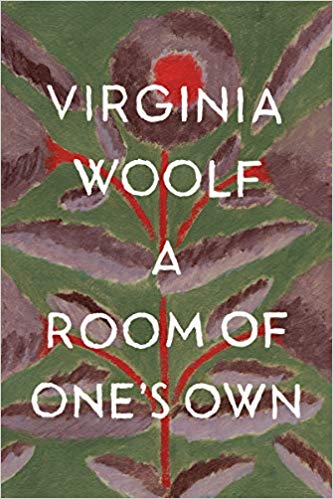 A Room of One’s Own by Virginia Woolf
A Room of One’s Own by Virginia Woolf
Virginia Woolf was one of the most prolific writers of her day. A Room of One’s Own shows Woolf reflecting on her status as an author, meditating on where female authors stand in a literary world dominated by men. Woolf sheds light on how artistic production is often tied to privilege, and how women’s access to education can be used as a means to reinforce patriarchal norms. One of the most remarkable aspects of this book is Woolf’s open discussion on lesbianism, which she argues is commonplace and therefore not shocking.
 Beloved by Toni Morrison
Beloved by Toni Morrison
Beloved, which is set after the American Civil War, is a groundbreaking book on black history. It chronicles the life of Sethe, a black woman who has been set free, yet is still taunted by her memories as a slave. The story follows Sethe’s relationship with her daughter, which in turn shows how trauma resounds across generations. Feminism is deeply entwined with race relations in this novel, providing readers with an intersectional view of what it means to be a woman.
 Wide Sargasso Sea by Jean Rhys
Wide Sargasso Sea by Jean Rhys
Jean Rhys discusses where Charlotte Brontë’s Jane Eyre left off. Wide Sargasso Sea gives an account of Bertha Mason, who we later find out to be Mr. Rochester’s doomed wife. Where Bertha is simply written off by Brontë as feral, Rhys fleshes out Bertha’s character, making her a complex human being instead of a mere caricature. Wide Sargasso Sea doesn’t have to be read alongside Jane Eyre, but its message is more powerful when you understand just what Rhys is responding to.
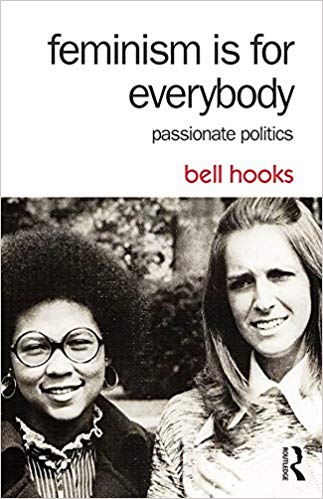 Feminism Is For Everybody by Bell Hooks
Feminism Is For Everybody by Bell Hooks
Author Bell Hooks defines a feminist society as one that’s free from sexism. But this also means that men have an equally vital role in redefining how society is structured. Hooks implores readers to continually examine how their lives have benefitted by the current unequal social structures in place, noting that the strides taken towards gender equality hint at a brighter future ahead. Hooks argues that feminism should, of course, focus on building a better world for both women and men.
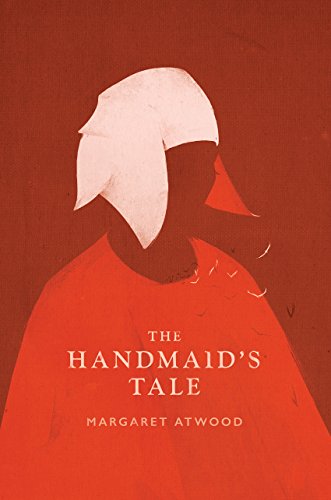 The Handmaid’s Tale by Margaret Atwood
The Handmaid’s Tale by Margaret Atwood
The Handmaid’s Tale has gained recent popularity due to its TV adaptation, even though the book was originally published in 1985. Although Hollywood has had a troubled relationship with how it portrays females, Atwood’s story struck a chord due to its powerful take on female relationships, body policing, and pervasive social codes. Atwood’s creation of a dystopian world through redefined female norms means her message is as vital as ever.



